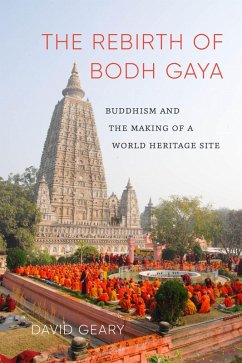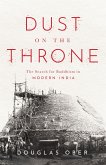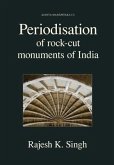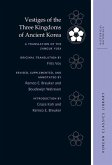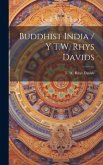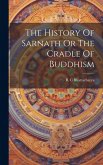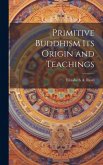This multilayered historical ethnography of Bodh Gaya - the place of Buddha's enlightenment in the north Indian state of Bihar - explores the spatial politics surrounding the transformation of the Mahabodhi Temple Complex into a UNESCO World Heritage site in 2002. The rapid change from a small town based on an agricultural economy to an international destination that attracts hundreds of thousands of Buddhist pilgrims and visitors each year has given rise to a series of conflicts that foreground the politics of space and meaning among Bodh Gaya's diverse constituencies. David Geary examines the modern revival of Buddhism in India, the colonial and postcolonial dynamics surrounding archaeological heritage and sacred space, and the role of tourism and urban development in India.
Bitte wählen Sie Ihr Anliegen aus.
Rechnungen
Retourenschein anfordern
Bestellstatus
Storno

